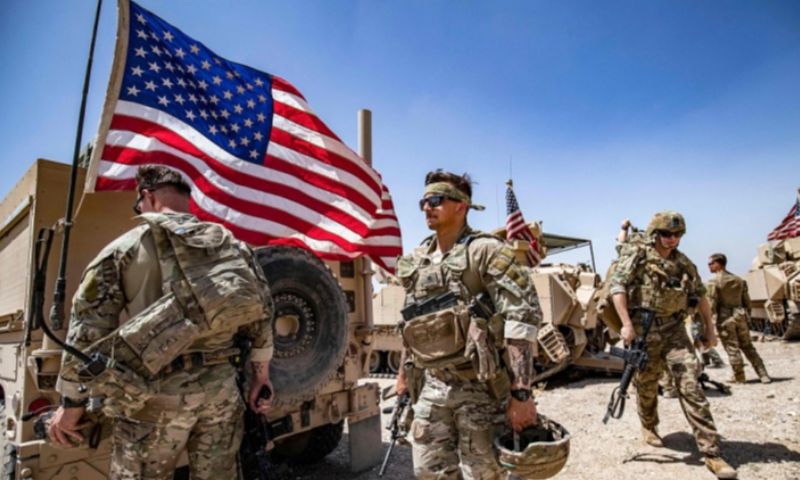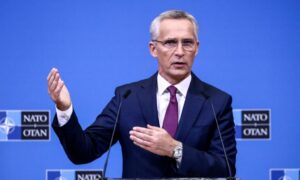BEIJING: The CGTN recent poll has said that some 93 percent of respondents voiced deep concerns over what they perceive as an irrational surge in military spending by the United States and Japan.
The prevailing sentiment among the 33,984 participants is that such increases could jeopardize regional peace and potentially ignite a new arms race not only in East Asia but also on a global scale. The respective military budgets for 2024 of both countries have soared to unprecedented levels, intensifying the unease surrounding the situation.
The anxiety isn’t confined to the US and Japan, as a broader perspective on global military expenditures in 2023 raises further alarms.
According to a report from the Stockholm International Peace Research Institute in Sweden, worldwide military spending reached a staggering $2.2 trillion in 2022, marking the eighth consecutive year of growth and establishing a new post-Cold War high. An overwhelming 89.3 percent of respondents globally expressed deep concerns that the persistent growth in military spending poses a dual threat—endangering global peace and exacerbating the already complex global security dilemma.
The specter of an escalating arms trade market also haunts the minds of 87.2 percent of respondents, who fear that it may elevate the risk of regional conflicts, prompting bloc confrontations, and potentially escalating into global conflicts. One netizen, capturing the prevailing sentiment, lamented, “We have returned to the era of the Cold War, Iron Curtain, and arms race.”
The situation is further compounded by the intensifying global arms race, marked by the United States’ withdrawal from the Anti-Ballistic Missile (ABM) Treaty and the Intermediate-Range Nuclear Forces (INF) Treaty. Moreover, Russia, the United States, and NATO have all declared their withdrawal from the Treaty on Conventional Armed Forces in Europe (CFE). Consequently, 83 percent of global respondents expressed disappointment, and 91.1 percent voiced concerns about the imbalance among major powers in military communication and arms control. This, they fear, could undermine global confidence in arms control and escalate the risk of global security threats.
However, amidst the prevailing adversity, there is a glimmer of hope. A resounding 95.6 percent of respondents believe that the security of one country should not come at the expense of others.
They argued that regional security cannot be assured by bolstering or expanding military blocs and emphasize the importance of taking into account the reasonable security concerns of other nations when seeking one’s own security.
An overwhelming 96.2 percent of respondents adopt a resolute stance against war, emphasizing that there are no winners in conflict. They call for a steadfast commitment to opposing war, maintaining a high level of vigilance against any warlike actions, and actively promoting the construction of a world characterized by common and universal security.
The results of the survey, conducted across CGTN’s English, Spanish, French, Arabic, and Russian platforms, reflect the sentiments of a concerned global populace. With 33,984 netizens participating and expressing their opinions within a 24-hour period, the findings underscore a shared global desire for peace and stability in an increasingly uncertain world.























